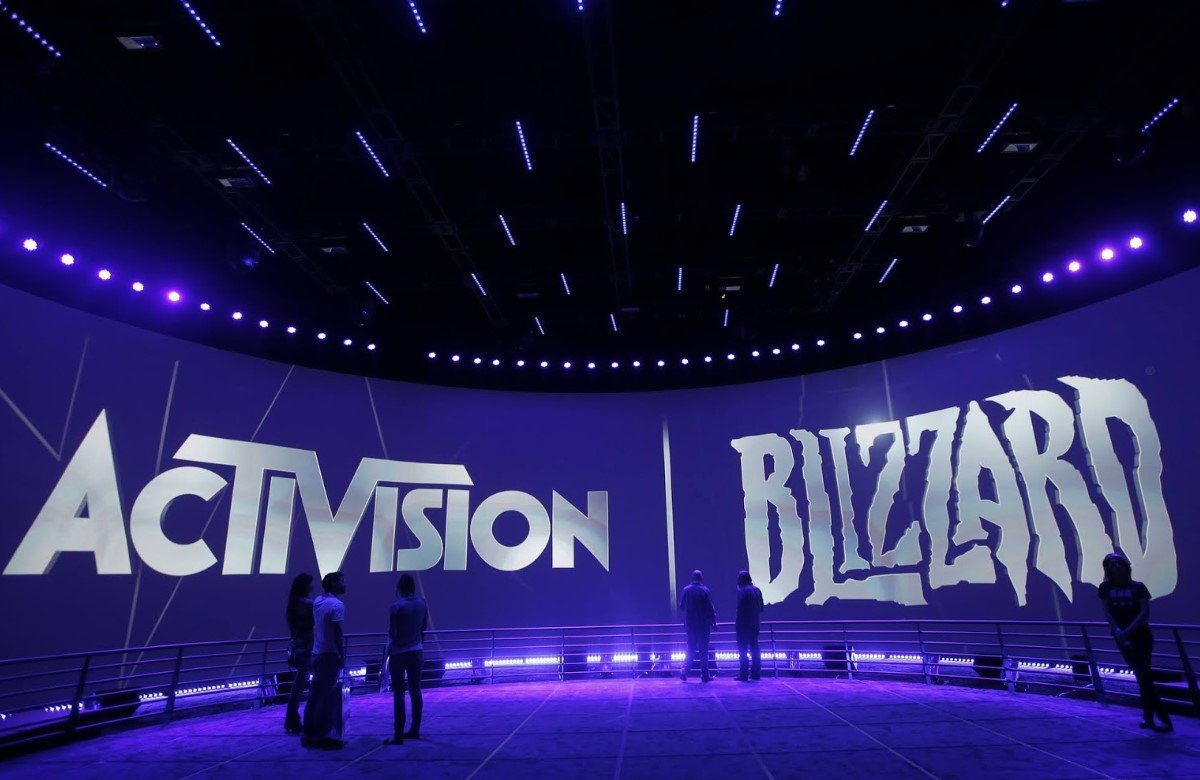
Activision Blizzard, a leading video game developer and publisher, has found itself at the center of a significant legal dispute. The U.S. Department of Justice (DOJ) filed a lawsuit against Activision, accusing the company of implementing restrictive salary caps and other measures that limited competition and suppressed wages for players in its Overwatch and Call of Duty professional esports leagues. This landmark case highlights ongoing concerns over fair compensation and competitive practices within the burgeoning esports industry.
Key Highlights:
Understanding the Legal Challenge
The DOJ’s complaint, filed in the U.S. District Court for the District of Columbia, centers around Activision’s Competitive Balance Tax. This mechanism, according to the DOJ, acted as a de facto salary cap, penalizing teams within the Overwatch and Call of Duty leagues if their total player compensation exceeded certain limits set by Activision. Such practices, the DOJ argues, violated the Sherman Act by stifling competition and limiting players’ earning potential.
In response to these allegations, a proposed consent decree has been put forward. If approved by the court, this decree would effectively bar Activision from enforcing any rules that directly or indirectly cap player compensation or impose penalties for exceeding compensation thresholds. Additionally, Activision would be required to end all Competitive Balance Taxes across its esports leagues and adopt revised antitrust compliance and whistleblower protection policies.
Activision’s Position and the Settlement
Activision has contested the DOJ’s allegations, maintaining that the Competitive Balance Tax was lawful and did not negatively impact player salaries. The company also noted that it voluntarily removed the tax from its league rules in 2021, prior to the DOJ’s lawsuit. Despite these assertions, the proposed settlement reflects a commitment to ensuring fair compensation practices within esports, aligning with broader industry trends towards greater transparency and equity for players.
The Broader Implications
This legal action against Activision Blizzard represents a significant moment in the evolution of esports, an industry that has seen explosive growth and increasing professionalization in recent years. The DOJ’s intervention signals a strong stance on ensuring competitive fairness and protecting players’ rights, setting a precedent that could influence practices across the esports landscape.
Summary
The lawsuit against Activision Blizzard by the DOJ over alleged anticompetitive salary caps in esports leagues underscores the growing scrutiny on fair compensation and competition within the gaming industry. With a proposed consent decree aiming to ensure fair compensation practices, this case marks a pivotal moment in the ongoing development of esports as a professional and competitive field. It highlights the need for industry standards that promote equity, competition, and the well-being of players at all levels.